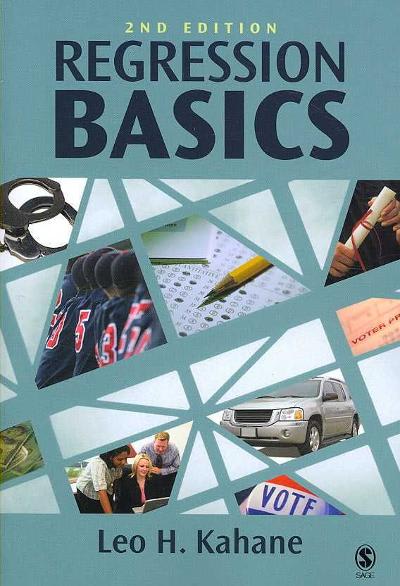Question
1) Prior to conducting his experiment, Milgram asked Yale seniors what percentage of 100 subjects would increase the shock voltage to a dangerous level. The
1) Prior to conducting his experiment, Milgram asked Yale seniors what percentage of 100 subjects would increase the shock voltage to a dangerous level. The seniors predicted that the percentage would be:
Between 10 and 20 %
More than half
Between 3 and 10%
Between 0 and 3%
Question 2
Milgram and later Burger in his replication of the study found that the percentage of subjects continuing to the highest shock voltage was about:
Between 0 and 3%
Approximately 65% in both studies
Never more than 30% of subjects
Between 10 and 20%
3) Milgram's study was designed to increase the level of obedience. He included slow incremental increases, a novel situation, limited opportunity to consider the choices and:
Diffusion of responsibility
The "student" did not appear to be discomforted by the shocks
Only male subjects were used
Subjects were screened to be highly aggressive
4) By manipulating the number of negative and positive Facebook posts, researchers were able to manipulate:
The amount of time that users remained on the website
The number of negative and positive words in user's responses
The incidence of clinical depression in Facebook users
The number of clicks on advertisements that users made
5) Facebook claimed that the participants in the emotion study provided informed consent because:
They were able to "opt out" of the study at any time
They endorsed a terms of service agreement
A Facebook employee called them on the phone and asked them to participate
They could stop reading their posts at any time during the study
6) In the Kitty Genovese case an attacker killed the young woman by stabbing her to death. There were 38 witnesses to the attack. Of the 38:
More than half ran to the victim's aid
Several opened their window and asked if the victim needed help
None reported the attack or came to the aid of the victim
Only 6 called the police
7) Asch's conformity study tested whether subjects surrounded by others instructed by the experimenter to choose a clearly incorrect response found that about a third of subjects:
Ignored the others and provided the clearly correct response
Refused to answer
Conformed and agreed with the incorrect response
Chose a response midway between the correct and incorrect responses
Step by Step Solution
There are 3 Steps involved in it
Step: 1

Get Instant Access to Expert-Tailored Solutions
See step-by-step solutions with expert insights and AI powered tools for academic success
Step: 2

Step: 3

Ace Your Homework with AI
Get the answers you need in no time with our AI-driven, step-by-step assistance
Get Started


